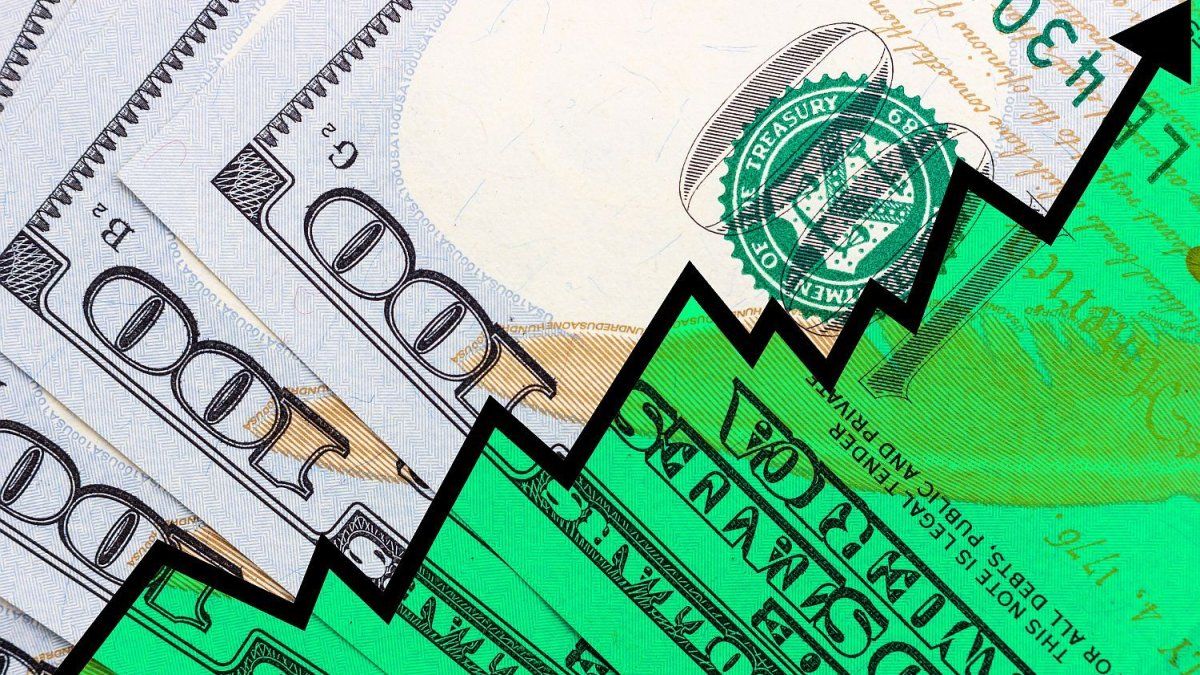The problem of over-indebtedness of Uruguayans has been on the table of debate for months, mainly by the hand of plebiscite on a debt fair that seeks to achieve Town meeting, already for the departmental elections. However, the most recent and significant news was the announcement of the launch of a voluntary refinancing program by the main banks, credit administrators and debt collection firms in the country. “It is a credit solution for 786,302 people, an opportunity for them to refinance under extraordinary conditions and recover their credit,” explained the director of the Association of Private Banks of Uruguay (ABPU), Barbara Mainzer.
More than 780,000 people is not a small number at all, and it is the most vulnerable population, classified as category 5 or as irrecoverable debtor, who since Thursday can access a refinancing plan of your debt —in consumer loans— in installments and without considering the amount to be paid the surcharges and fines applied for late payments; that is, only the original loan. Amounts less than 5,000 pesos could even be completely forgiven.
“This is an example of extraordinary coordination, because if you look at previous crises, one of the big problems was the lack of coordination between banks and debtors,” said Mainzer in an interview with Radio Carve, placing special emphasis on the work between the private sector and the public sector, with the participation of the Central Bank of Uruguay (BCU) and the Ministry of Economy and Finance (MEF).
“We are looking for a solution that addresses the most vulnerable populationwhich does not compromise the legal order and respects the balance sheets of financial institutions. Because the president of the Central Bank said it: solving a problem now to complicate credit tomorrow is not a good solution,” he added.
For Mainzer, Uruguayans have the opportunity to recover credit, which is not a minor issue, so he urged to take advantage of the opportunity to “pay in exceptional conditions” which will only be available for four months – until November 15 – and which, during July, will only be accessible through the website soluciondeuda.com.uy.
“There is a constant concern about the issue of debtors, because what are we talking about? People who took out a loan with the vocation and the will to pay it, and an unexpected event made them unable to meet those payments. But solutions are not easy. From the industry side and with a key role of the Central Bank and the Ministry of Economy as coordinators, more and more companies from the industry joined the initiative, on the one hand; and on the other hand, we are combining it with other initiatives so that this is a solution and people do not reoffend and can meet their commitments,” explained Maizer, describing the proposal on three axes: “public-private coordination, work to focus this on the most vulnerable population, and additional measures so that this is a solution and not a patch.”
Can you improve your credit rating?
According to the director of APBU, the voluntary refinancing program also means that people who begin to pay their debts can improve, in parallel, their credit rating, thus opening up the possibility of taking out credit again in the future. Thus, starting with the 15% payment of the refinanced debt—in installments and without surcharges—the history begins to be cleared, and “if the debt is extinguished, that mark is no longer there,” he said.
However, since the Association of Bank Employees of Uruguay (AEBU)insisted that the payment of debts will not change the situation of the people who are in the Report Clearing. “This is a Central Bank registry that basically applies to the financial system. It does not imply that people are changed to a different category in the Clearing of Reports, in fact, this is a private company that provides services to clients, and that rates Uruguayans based on their ability to pay. These measures may change the category a little, but they will not remove it, because it is a record of how the citizen behaves in terms of their debts,” he said. Pablo Andrade, union counselor, told Radio Carve.
Source: Ambito




